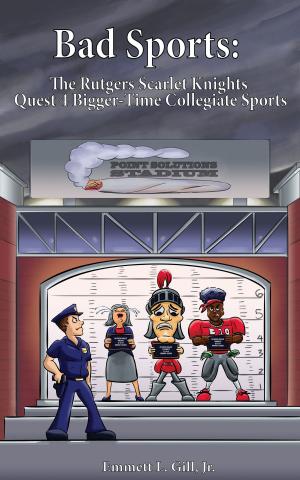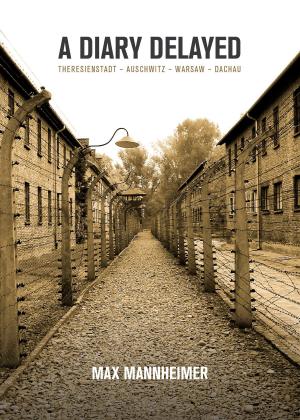| Author: | Robert Dahl | ISBN: | 9781543909159 |
| Publisher: | BookBaby | Publication: | October 13, 2017 |
| Imprint: | BookBaby | Language: | English |
| Author: | Robert Dahl |
| ISBN: | 9781543909159 |
| Publisher: | BookBaby |
| Publication: | October 13, 2017 |
| Imprint: | BookBaby |
| Language: | English |
These letters recount the day-to-day experiences of Robert Dahl during his year in Europe as part of the U.S. Army. He entered battle in October 1944 as a reconnaissance officer in the 71st Infantry Regiment, fighting almost continuously until the war’s end in May 1945. He then worked in the post-war military administration of Germany until he was able to return home in the fall of that year. These letters are unique in presenting the experience of combat as it happened. War is sometimes described as long periods of tedium interspersed with moments of intense fear. Because of Dahl’s deep intellect and curiosity, these letters are by no means tedious. He fills his down time reading whatever he can get his hands on – American magazines, French political broadsheets, Greek plays – and in the letters he comments and philosophizes not only on what he reads but what he sees around him and the events of the day. Of course, frequently he must “go to work,” leading his men across the front lines to scout enemy positions, sometimes facing enemy fire. Because he was writing these letters to his wife, his accounts are by and large low key. But he eloquently conveys the unique experience of combat and the intense bonds formed between those that fight together. After the end of the war Dahl was recruited to work for the Allied Control Commission, based in Frankfurt. From this vantage point – investigating Nazi assets – he observes the state of Germany – and Germans – in the months after the war’s end. Characteristically, he also surveys the range of opinions about how Germany should be treated by the victors. Overall, these letters are about much more than just combat; beyond hope and fear, they are a snapshot of a world-historical moment.
These letters recount the day-to-day experiences of Robert Dahl during his year in Europe as part of the U.S. Army. He entered battle in October 1944 as a reconnaissance officer in the 71st Infantry Regiment, fighting almost continuously until the war’s end in May 1945. He then worked in the post-war military administration of Germany until he was able to return home in the fall of that year. These letters are unique in presenting the experience of combat as it happened. War is sometimes described as long periods of tedium interspersed with moments of intense fear. Because of Dahl’s deep intellect and curiosity, these letters are by no means tedious. He fills his down time reading whatever he can get his hands on – American magazines, French political broadsheets, Greek plays – and in the letters he comments and philosophizes not only on what he reads but what he sees around him and the events of the day. Of course, frequently he must “go to work,” leading his men across the front lines to scout enemy positions, sometimes facing enemy fire. Because he was writing these letters to his wife, his accounts are by and large low key. But he eloquently conveys the unique experience of combat and the intense bonds formed between those that fight together. After the end of the war Dahl was recruited to work for the Allied Control Commission, based in Frankfurt. From this vantage point – investigating Nazi assets – he observes the state of Germany – and Germans – in the months after the war’s end. Characteristically, he also surveys the range of opinions about how Germany should be treated by the victors. Overall, these letters are about much more than just combat; beyond hope and fear, they are a snapshot of a world-historical moment.















